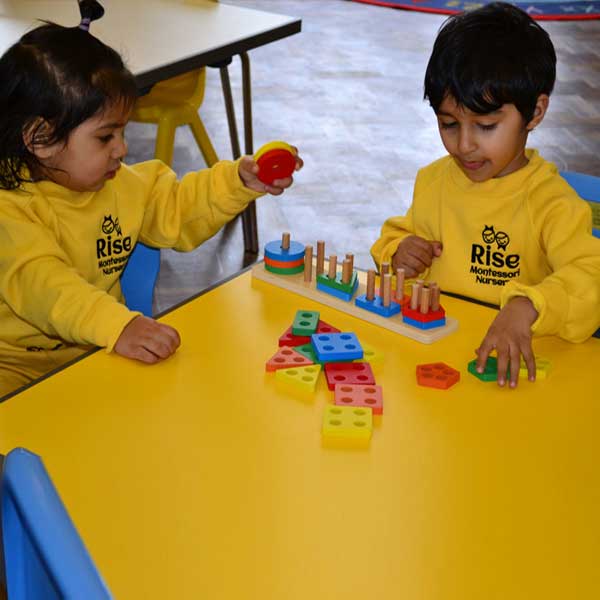As the word “social” suggests, social skills are about the individual and those around them – interacting with people, exercising self-control, showing empathy, communicating, acknowledging others’ points of view, listening, etc. Some everyday situations include talking to strangers, striking up conversations, taking responsibility for one’s actions, making friends and coping with awkward circumstances.
Whether it be in the academic, professional, or personal spheres, your child’s social skills are a good predictor of success in later life. It is, therefore, an important skill to possess. This article will discuss how to improve your child’s social skills.
Encourage Emotions
Help your kids distinguish between emotions, communicate more effectively, and avoid misunderstandings while interacting with other kids or people. Make it a habit to label the emotions you think your child is feeling. You can say something like, “someone is delighted I’m home” if, for instance, your youngster runs up to you and hugs you as you enter the house.
Your child will develop the ability to articulate their feelings if you label their emotions as they arise. Inform your youngster of the potential emotional impact of their actions when they cause someone else distress. For instance, “Your sister felt upset you ruined her skirt”. This will teach your youngster to think carefully before acting or speaking toward others.
Exposure
A child who is raised in solitary could find it challenging to interact with others. Give your kids opportunities to interact with a variety of people and pleasant company. They will have the opportunity to interact with others through playschools, playgrounds, sporting events, etc. Sign them up for such activities.
Teach Them to Share
One of the earliest social skills that kids learn is how to share, which is a crucial social skill. Children who can share build strong bonds with those who support their growth and development. Just observing their parents’ work teaches kids a lot. Your children have an excellent example to follow when you and your family practice healthy sharing and taking turns.
Ask them to share their food with you when you give it to them. When they contribute, compliment them or offer them some constructive incentives.
Instilling Patience
Being impatient is common in young children. But one of the most fruitful social skills for kids is patience. Maintaining friendships and relationships as well as completing significant goals that must be accomplished over a lengthy period of time requires patience.
Nothing is better for a child when considering how to teach patience than having to wait their turn for something enjoyable. Practice is the only way to improve at this. Make more frequent excursions to the park to highlight the necessity of being polite and patient if your youngster has trouble waiting for their turn on the swings. Your child will develop patience via repetition.
Conclusion
One of the most challenging, perplexing, but gratifying elements of parenting young children is teaching them social skills. These social skills should be taught to kids at home, in school, and in public settings. Children will achieve far more in school and in life if they practise these social skills. Therefore, spend some time today working on social skills with your kids.

